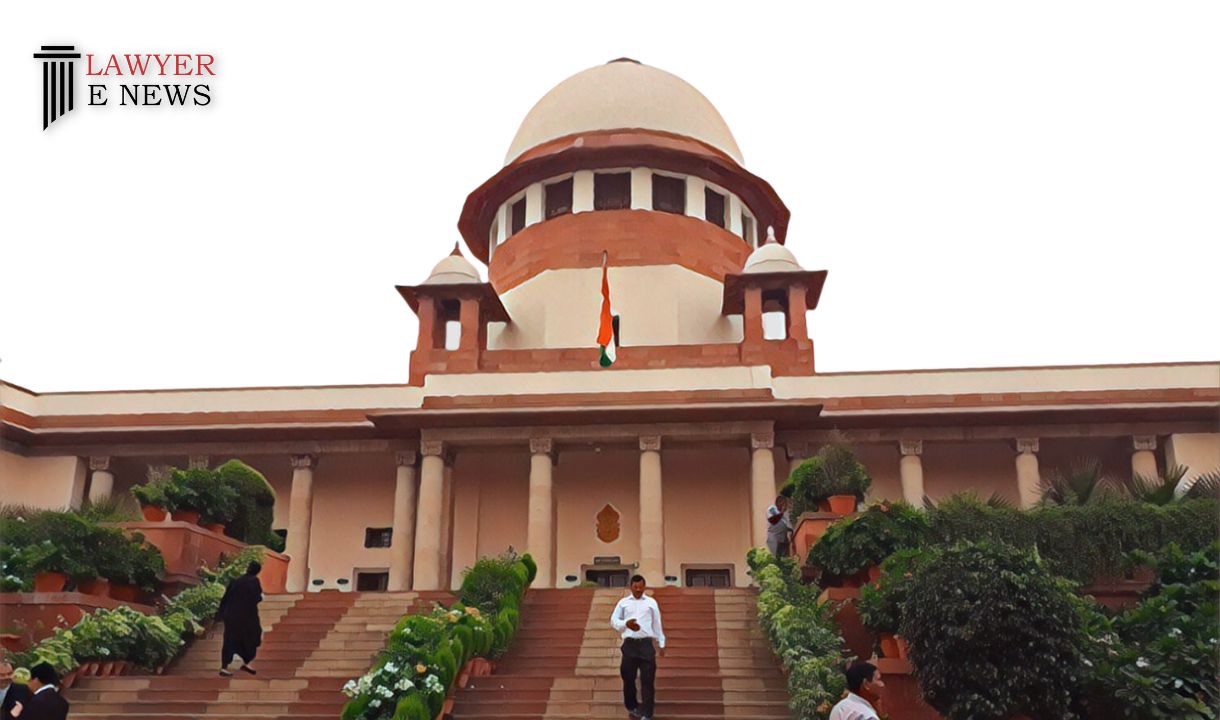-
by Admin
18 February 2026 2:25 PM



The Punjab and Haryana High Court recently upheld a lower court's order to frame charges against a petitioner accused of attempted murder under Section 307 of the Indian Penal Code (IPC) and stated that Intention of the accused paramount in determining offense. The court also dismissed the petitioner's application seeking to substitute the charge with a less severe charge under Section 323 of IPC.
The petitioner, Sukhjeet Singh, had approached the High Court seeking to challenge an order passed by the Additional Sessions Judge, Moga, Punjab, that dismissed his application under Section 228 (1) (a) of the Code of Criminal Procedure, 1973, seeking framing of charges under Section 323 of IPC in substitute of Section 307 of IPC along with other sections as mentioned in the FIR.
The case pertains to an incident that occurred on 3rd January 2020, when a group of Nihang Singhs, led by Sukhjeet Singh, along with other protesters, had gathered outside the Police Station Dharamkot in Moga, Punjab, to demand the arrest of accused persons in a murder case. The police officials present at the station tried to pacify the protesters, but Sukhjeet Singh, in furtherance of the common object of the co-accused, allegedly gave a blow with a sharp-edged weapon on the head of the complainant, SI Guljinderpal Singh.
The court observed that while framing charges under Section 307 of IPC, the court needs to see whether the act was done with the intention or knowledge and under circumstances mentioned in this section. The court further held that proof of grievous or life-threatening hurt is not a requirement for the offense under Section 307 of the IPC, and the intention of the accused can be ascertained from the actual injury and surrounding circumstances.
The court found that prima facie case under Section 307 IPC was made out against the petitioner as he had given a blow with a sharp-edged weapon on the head of the complainant. Therefore, the court dismissed the petition, warranting no interference with the order passed by the learned Additional Session Judge, Moga.
The court's decision highlights the significance of the intention of the accused in determining the nature of the offense under Section 307 of the IPC. The court's decision also emphasizes that the severity of the injury is not the only criterion in determining the nature of the offense under this section of the IPC.
Sukhjeet Singh vs State of Punjab
